90.7K Views· 09 June 2025
Saving Coral Reefs – Why Kiwi Scientists and Divers Are Watching Theresa Fyffe’s Breakthrough
In A New Lifeline for the World’s Coral Reefs, marine biologist Theresa Fyffe unveils cutting-edge techniques that could reverse coral collapse globally — and for New Zealand, this breakthrough has major local relevance. While Aotearoa isn’t home to tropical reefs like the Great Barrier, we are deeply connected to marine biodiversity, sustainable ocean stewardship, and the cultural guardianship of moana (the ocean).
As the effects of climate change intensify, Kiwi scientists, divers, and rangatahi (youth) involved in marine conservation are paying close attention. Fyffe’s approach blends science, Indigenous knowledge, and practical restoration methods that could inform similar strategies across New Zealand’s coastal ecosystems, from the Poor Knights Islands to Fiordland’s kelp forests.
For Māori kaitiaki (guardians) and community-led marine projects like rahui zones, the story is not just about coral — it’s about restoring balance. Theresa Fyffe’s work empowers global collaboration, something increasingly embraced in New Zealand’s science and environmental sectors. Local initiatives like Experiencing Marine Reserves (EMR) and NIWA’s reef monitoring stand to benefit from this knowledge, especially as youth-led climate action gains traction.
This video isn’t just a global environmental call to arms — it’s a blueprint for how Kiwis can take part in protecting our marine taonga (treasures). Whether you're a diver in the Bay of Islands, a student in Otago, or a policy advisor in Wellington, this is essential viewing for anyone committed to the ocean’s future.
#coralreefrestoration #theresafyffe #nzmarineconservation #kaitiakitanganz #kiwioceanguardians #aotearoascience #saveourseasnz #climateactionnz #nzenvironmentalleadership #marinebiodiversitynz #moanaprotection #kiwidiversunite #nzyouthforoceans #sustainableoceansnz #nzreefrecovery


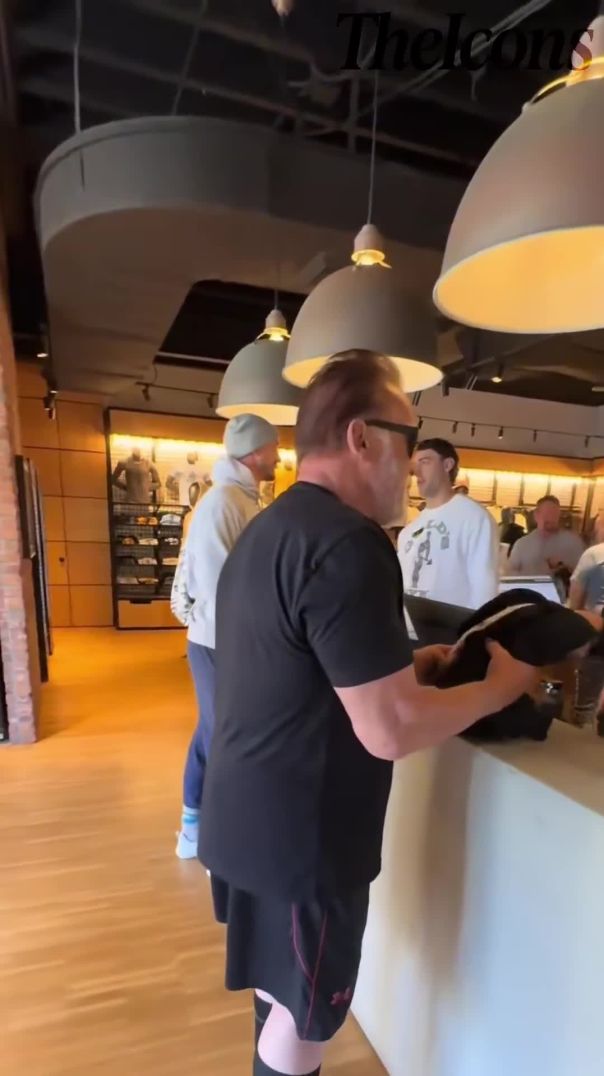





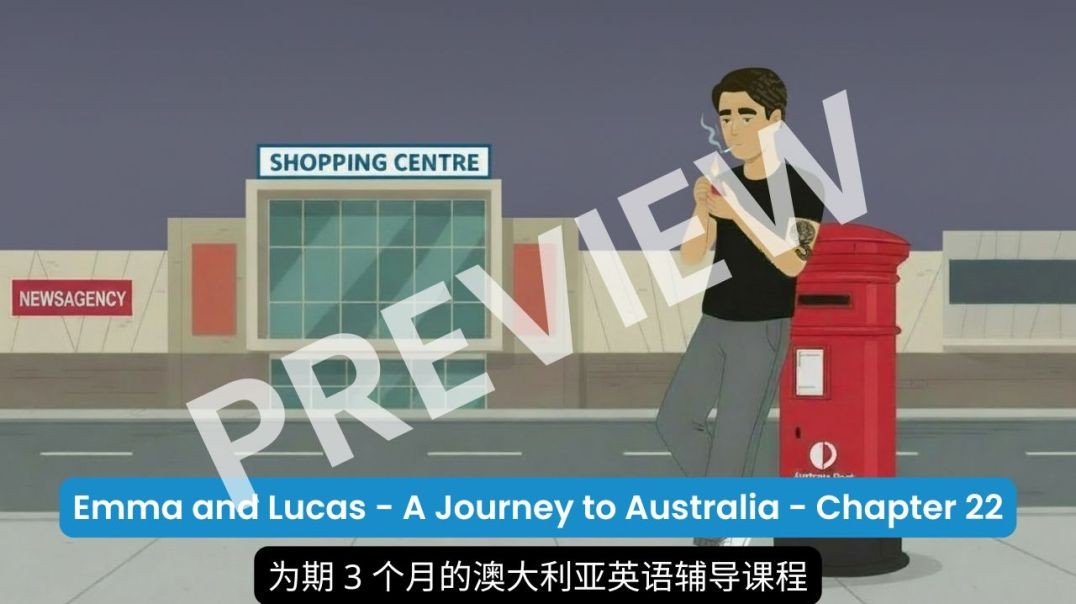
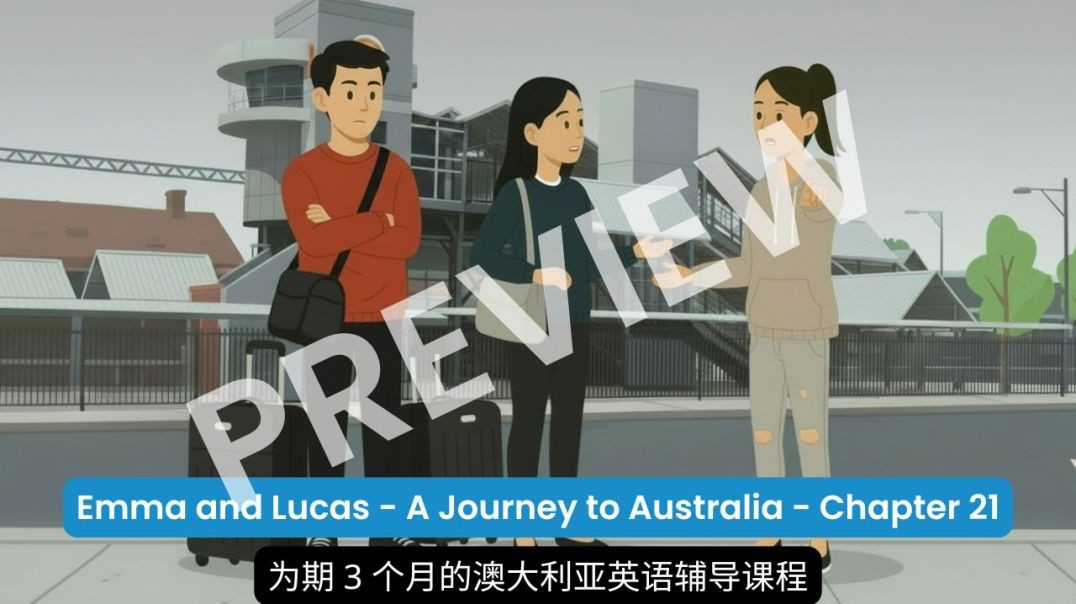
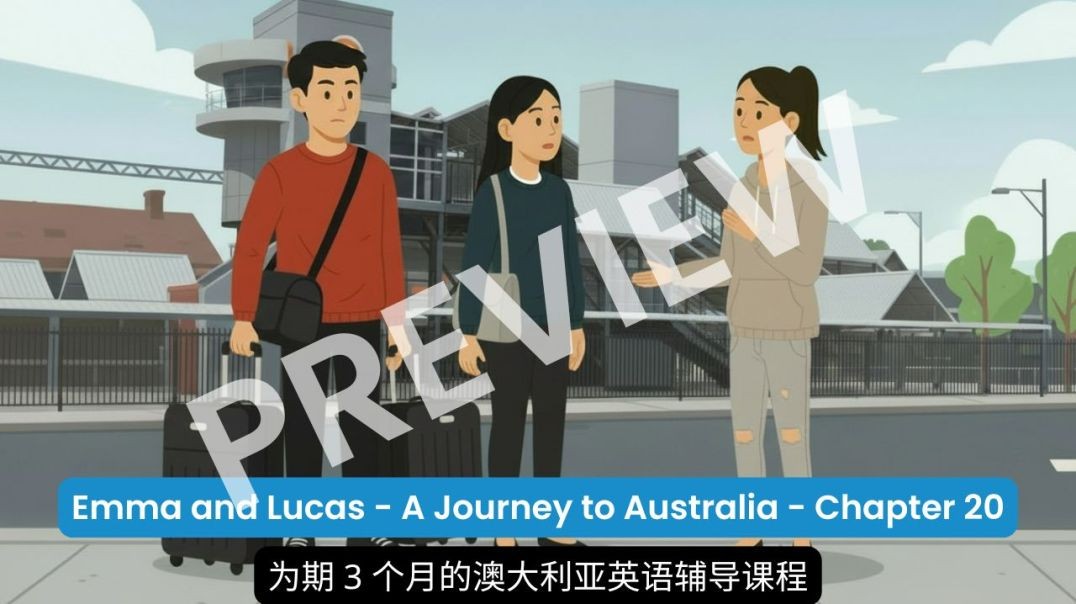
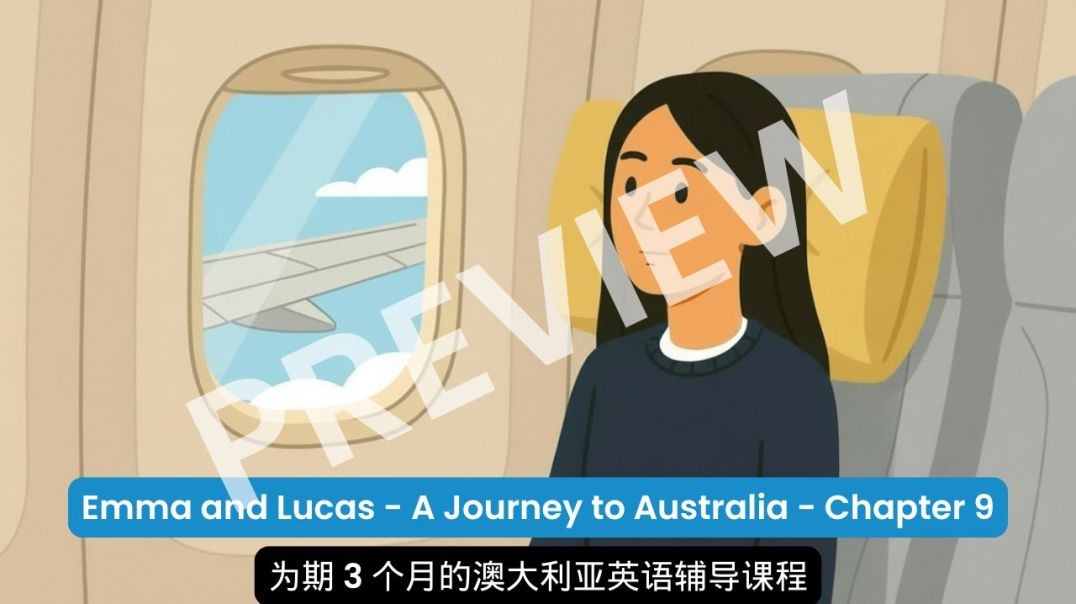
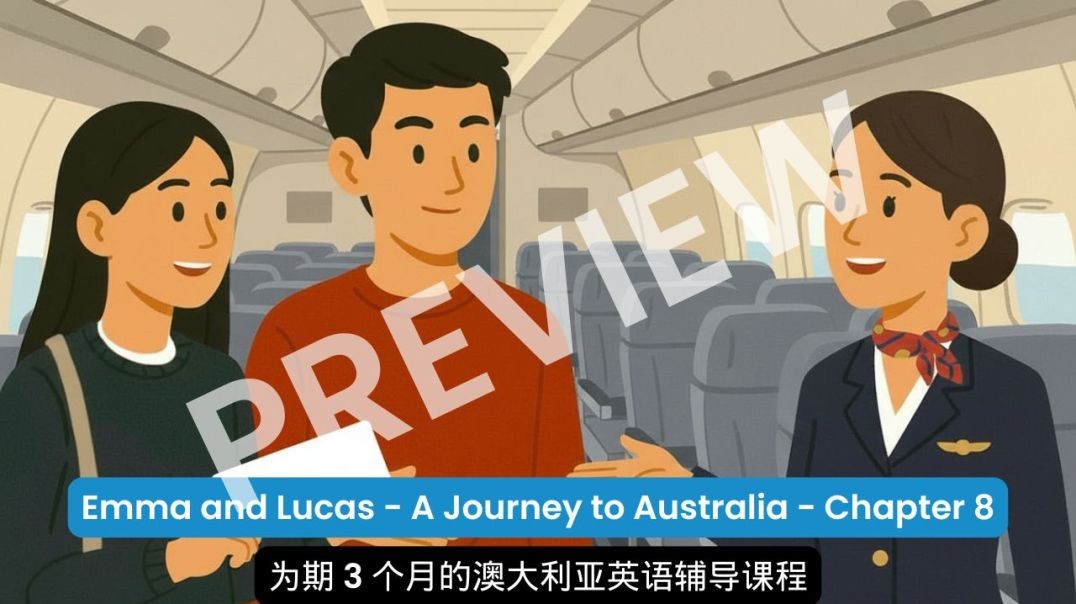
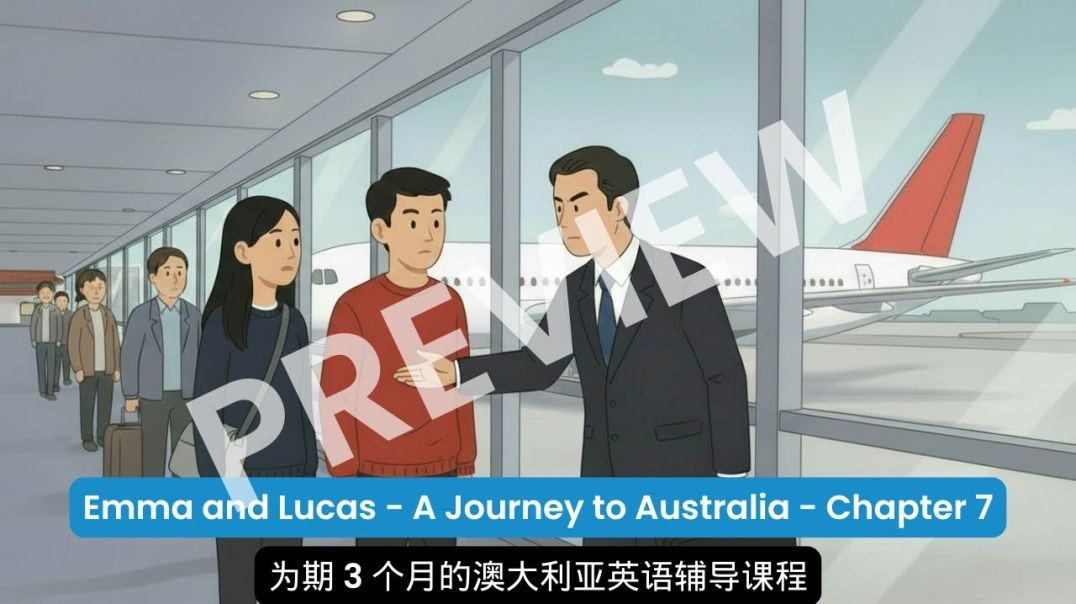
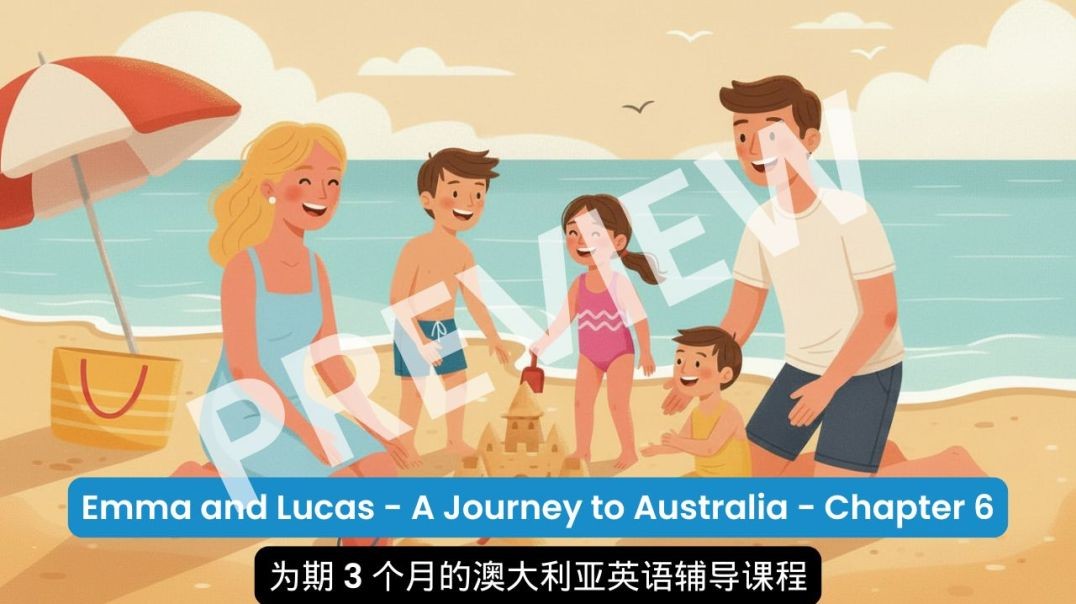
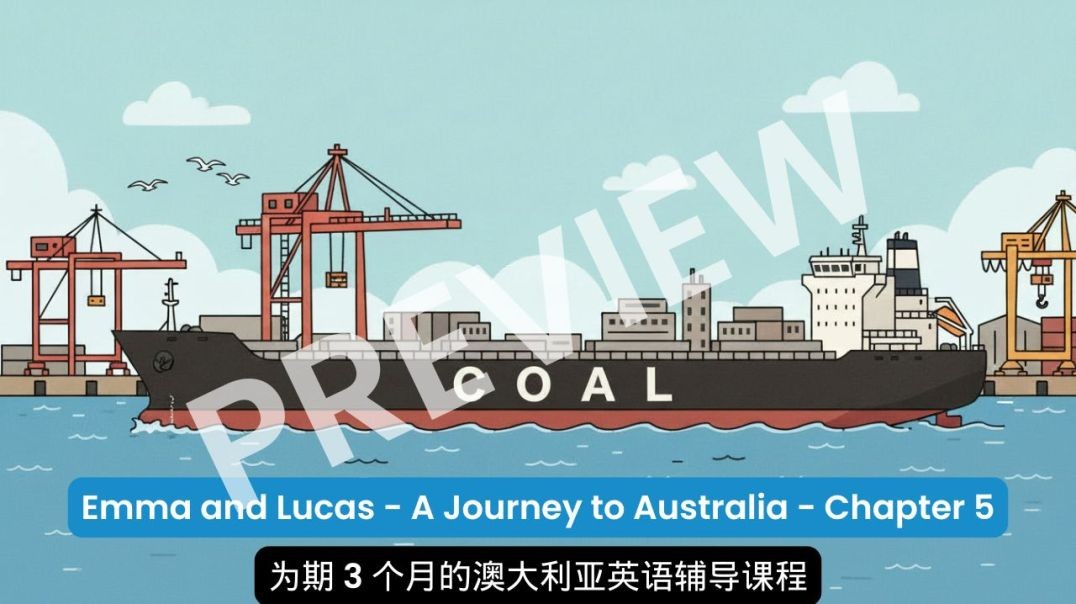

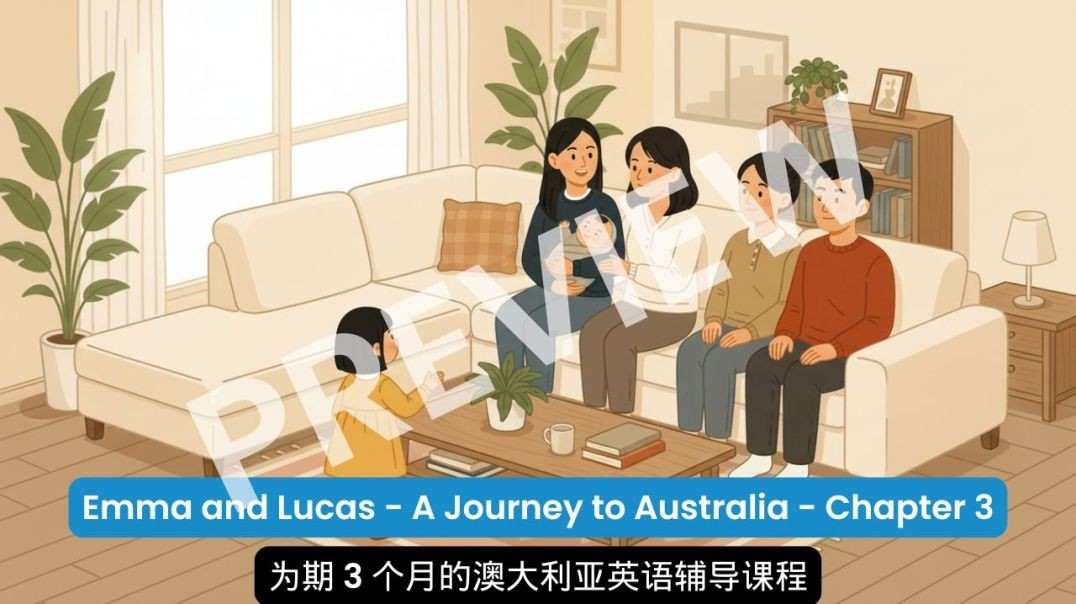
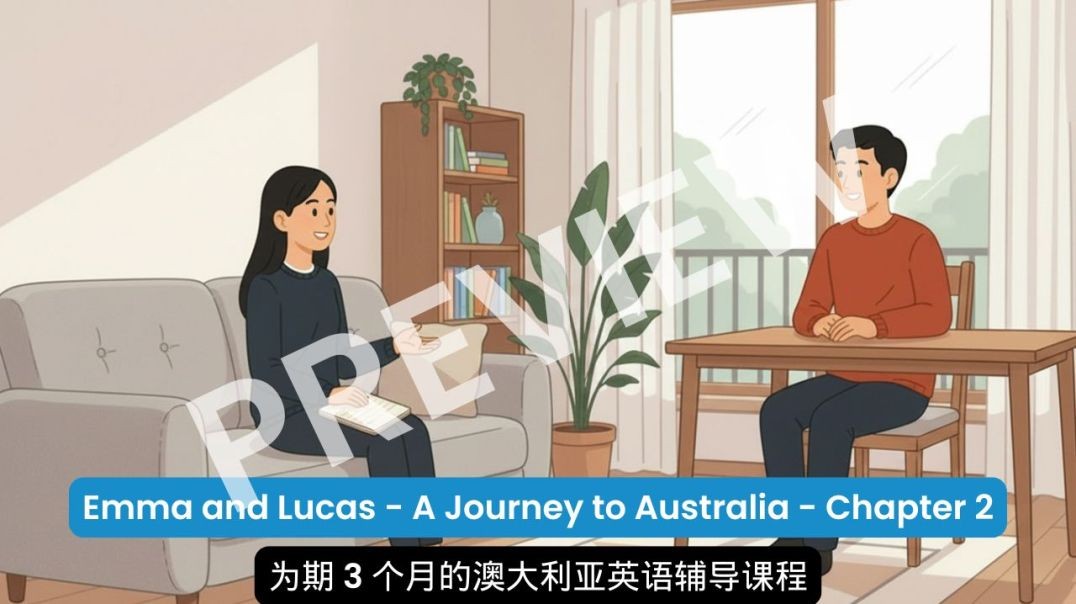

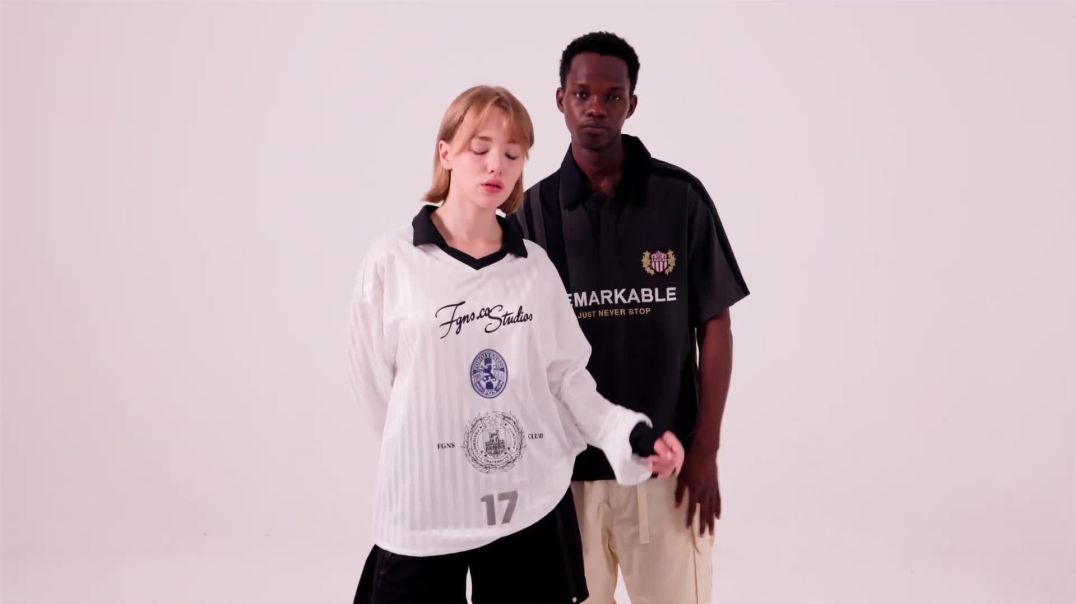


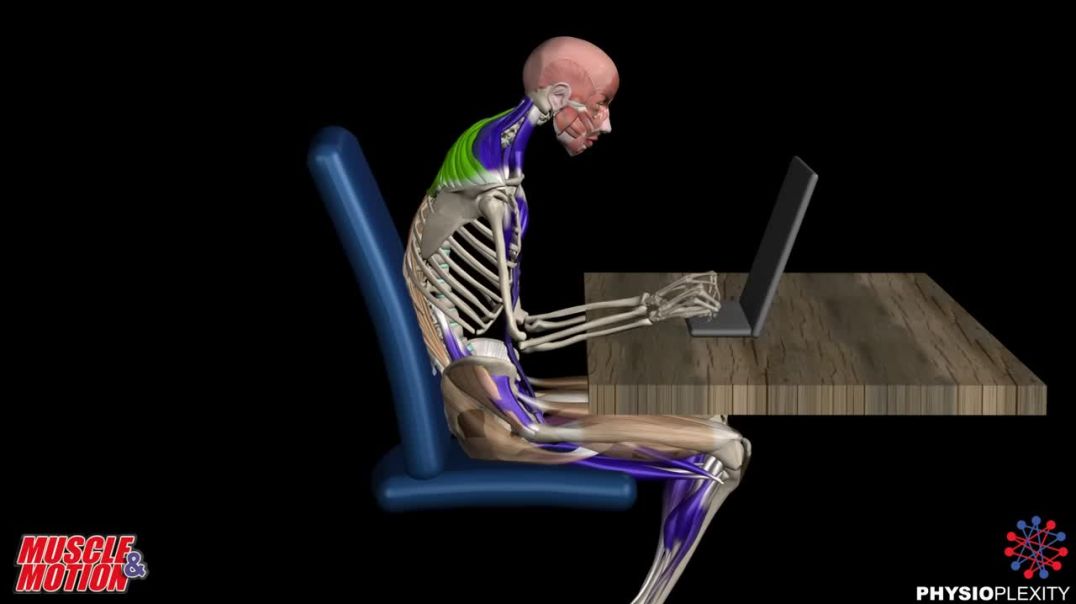
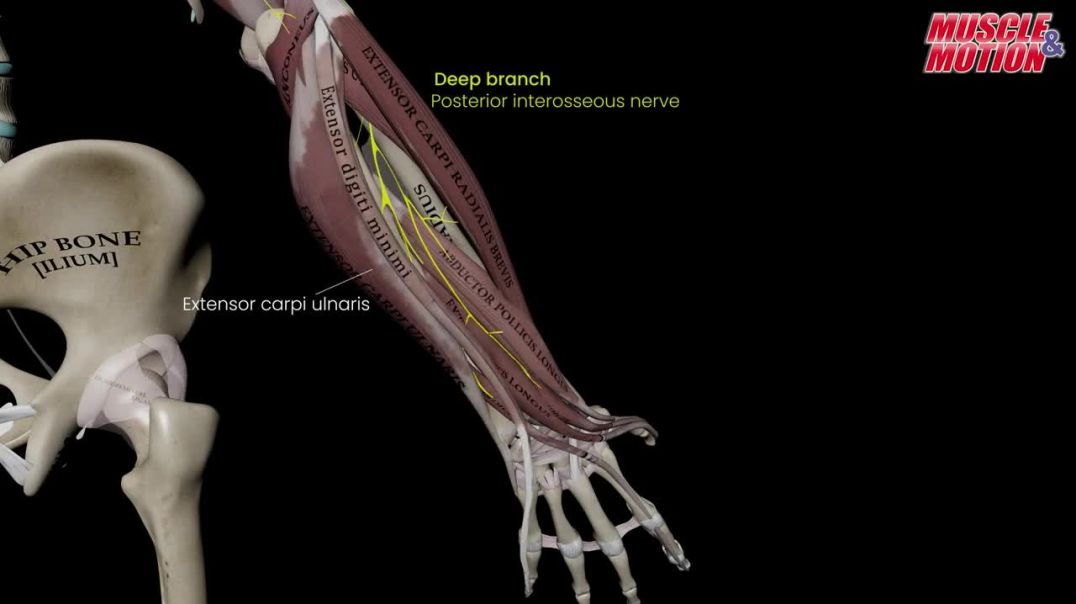
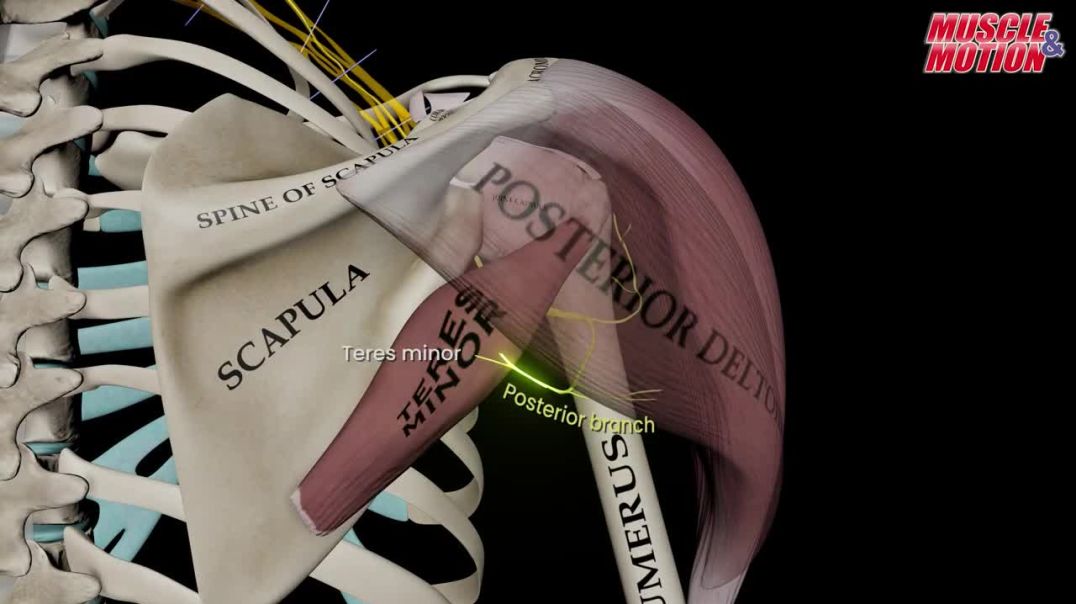
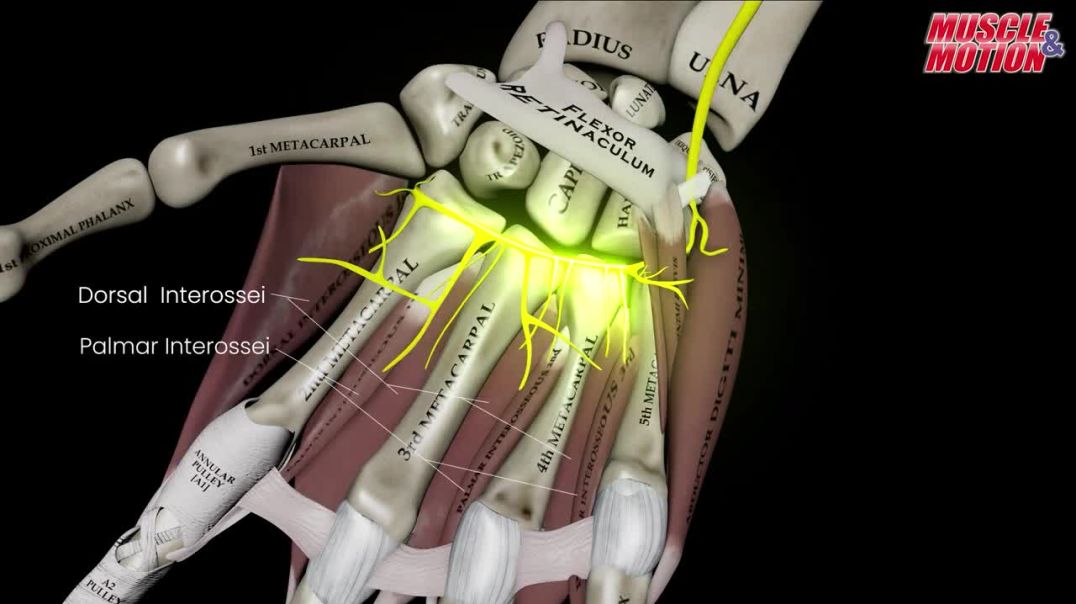
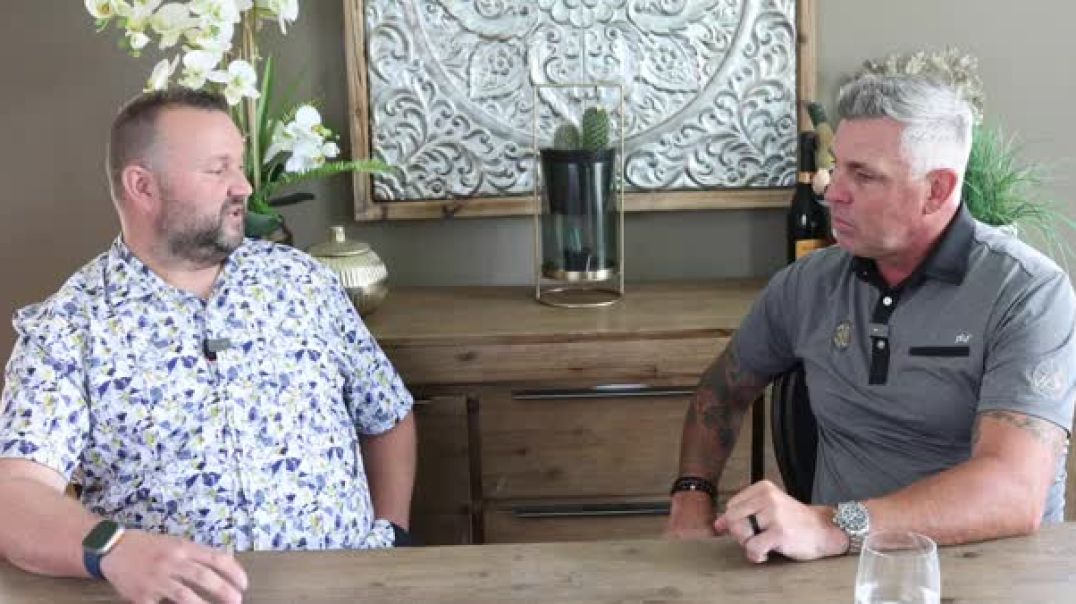
80 Comments
snehmetal
4 days agoVivid Promotions
4 days agoLaurenceGu
5 days agoVickeyArnd
5 days agoGHVNorma3
6 days ago